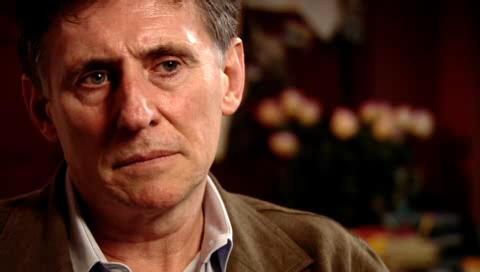So when I posted a picture of the Union Jack with the words "Never mind the Queen - God save our country!" on it, I was a bit taken aback to have been attacked for doing so. I mistakenly posted the picture as "Public" - something I will literally never do again. I posted the picture because I thought it was ironic, gritty, realistic. I didn't do it deliberately to provoke or offend. Just so you know. If I wanted to deliberately provoke or offend people, I would do so far more thoroughly and efficiently, so there'd be no uncertainty.
It was suggested that I pay better attention to who can and cannot see my posts, but surely it would make sense for individuals to moderate their own behaviour, rather than have me censor their opinions individually? How am I supposed to know the particulars of everyone's thoughts and feelings? I have over 400 FB friends. If what I say or write offends, one can always express the contrary opinion on one's own wall. Gah. Maybe I am being naive. I simply should not have made the post public. Especially as it opened the door for people I did not even know to join in the discussion.
So you wanna know what I think of the Jubilee? Well, I'm not best placed to comment on the festivities, because I deliberately did not watch any of them until it got to the concert. My children were watching that.
The Queen's Diamond Jubilee concert was a fine illustration of so many British traits - the stiff-upper-lip insistence that there's nothing really wrong, that our history is glorious and chock-full of (pop) heroes, that we should pay unquestioning homage to people that have done nothing to deserve it other than be historically the ones we DO revere, or who have appeared recently on the television. I only started watching when Annie Lennox came on and I thought she was trying a little bit too hard, as if she was just a little bit uncertain; Tom Jones was thankfully restrained; Robbie Williams was given very much the wrong song to sing and I think was being deliberately sabotaged by Gary Barlow. He sounded and looked like a fool. Stevie Wonder seemed to think it was the Queen's birthday or something. Elton John was just cringeworthy.
Paul McCartney has not been able to sing properly for the last decade, at least, and really should retire gracefully. Rolf Harris was disgracefully booted off stage in the middle of his impromptu performance because of scheduling (read: 'financial') considerations. I felt sorry for Lenny Henry, who'd been doing OK till then. Madness and the animation projected on the walls of the Palace were absolutely wonderful, even if the saxophonist lost his reed in the middle of his solo in "It Must Be Love."
Seriously - if you didn't see it, WATCH THIS: ON FULL SCREEN.
But on the whole, and after considerable reflection, I feel the whole things was insensitive. It smacked to me of "We're all right, Jack", or the kind of Circus Maximus entertainments the Roman Emperors used to throw whenever the masses were unhappy because of lack of employment or food.
Never mind you don't have a job, or the one you have has been down-graded, that your benefits have been stopped or your day centre closed ... never mind dear. Here's Cliff Richard instead.
How insulting. And what difference has it made? Will it bring more tourists to London - next year? Will it persuade wealthy multi-national companies to relocate their operations to the UK and provide employment for us? What lasting legacy has it left? How has it .. helped? Just by cheering people up for a couple of hours. OK I grant you that has some value .. but do you know that UK taxpayers will be paying over £1 million for the Jubilee celebrations (and please note, at the time of writing no one actually has a definitive figure for the cost yet.)
Can we afford that? We're all gonna have to work that much harder to make up the £1.2 billion lost to the economy through having an extra Bank Holiday. So I'd better stop writing this and get on with something that'll earn me some money I guess.
More details of Jubilee expenditure, here.
I'm going to have to moderate comments on this post I'm afraid - not because I like censorship but because this is MY blog, my opinion, and I am not especially interested in reading attempts to try and change my opinion. Arguments just upset me. I am not trying to change anyone's ideas by posting any of this, so please show me the same respect.



